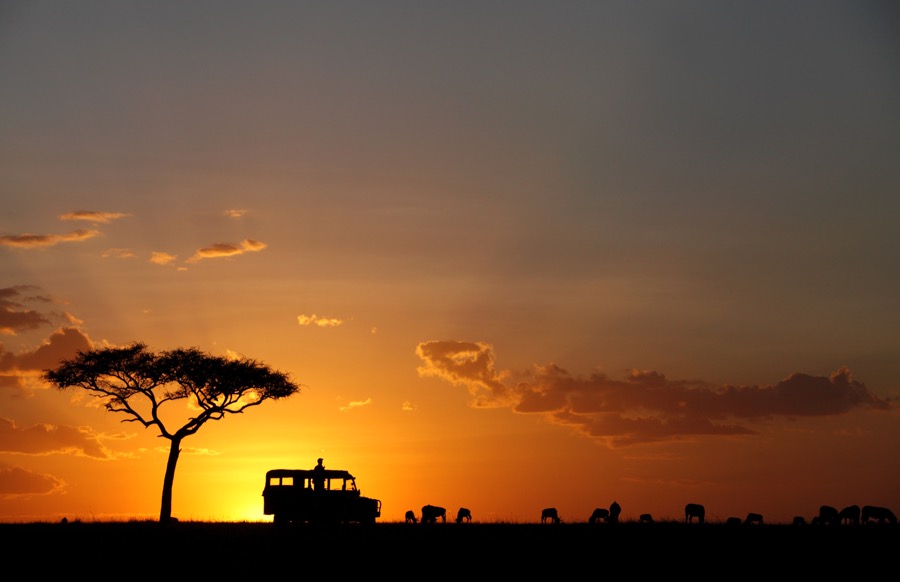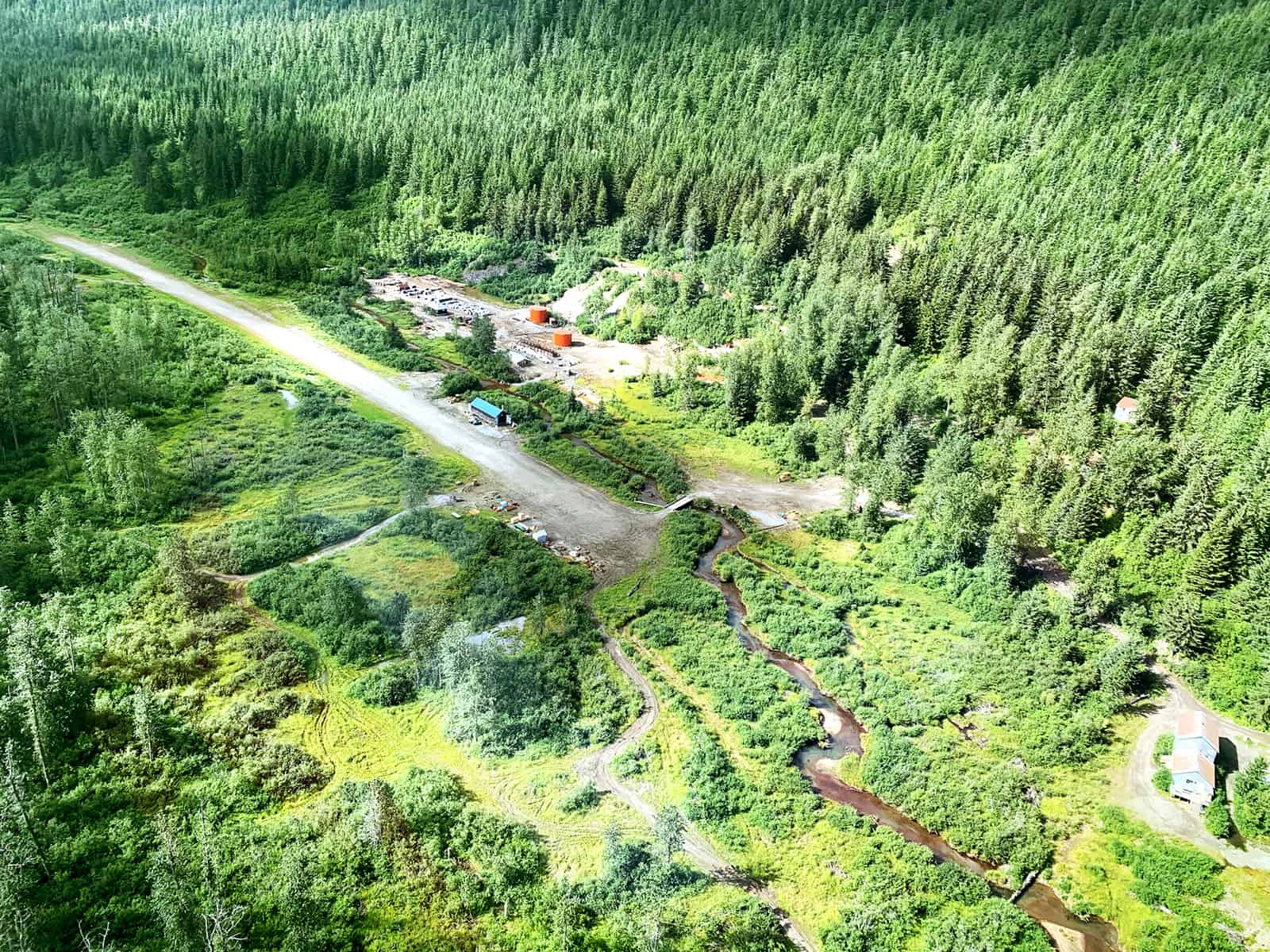These are the African countries investors should pay attention to

About half of all the African countries either host significant operating mines or have advanced exploration projects, yet investors tend to shy away due to perceived risks such as high levels of corruption and political uncertainty, a new report shows.
There is an urgent need to refill the mining project pipeline of African countries with early stage exploration projects of all shapes and sizes.
There are many rankings that aim to help companies choose the best countries to set up shop in the region, such as Canada’s Fraser Institute annual report and Transparency International’s corruption index, but London-based finnCap has come up with one of its own.
The investment bank analyzed the 25 (roughly) countries in Africa that have working mines or or advanced exploration projects, incorporating the best known rankings available, but factoring each country’s geological potential and their current security risk.
So, what did they conclude?
The first and main finding is that there is an urgent need to refill the mining project pipeline of all African countries with early stage exploration projects of all shapes and sizes.
But where to start? According to finnCap, investors would be better off in Ghana, Botswana, Namibia, Lesotho and Senegal, which already have companies successfully operating inside their borders. These include, just to name a few, Kennedy Ventures (Tantalite Valley tantalum mine) and Weatherley (Tschudi copper mine) in Namibia, as well as Firestone Diamonds (Liqhobong diamond mine) and Gem Diamonds (Lesteng diamond mine) in Lesotho.

At the bottom of the bank’s list figure Eritrea, Kenya, Zimbabwe, Guinea and Angola, which also have a few known names present in their mining sector. Those include Avocet (Tri-K gold project) in Guinea, ASA Resource Group (Freda Rebecca gold mine and Bindura nickel mine) and Caledonian (Blanket gold mine) in Zimbabwe, and Base Resources (Kwale mineral sands mine in Kenya.
There is a lot of money to be made if country risk and entry timing can correctly be judged.
“There is a lot of money to be made if country risk and entry timing can correctly be judged,” the reports says, citing as an example Randgold Resources’ success story in Mali, which started off with a small gold mine back in 1995 when the country had had no mining industry other than some artisanal operations.
Within five years, Randgold’s Morila gold mine (jointly owned and managed with AngloGold) had become one of the world’s more profitable mines and laid the foundations for the growth of the business.
So the lesson for investors should be to always look at the risk/reward balance, the analysts say. Does outstanding geology beat corruption and security issues, including but not limited to the threat of the radical Muslim insurgencies? This mostly comes down to the quality of company management and their in-country experience, they conclude.
{{ commodity.name }}
{{ post.title }}
{{ post.date }}

7 Comments
deedub93
So what is so wrong with Eritrea? The President is an easy man to do business with as long as one is straight forward, his word is his word. There is very little crime or corruption because the penalties are far too harsh to risk getting on the wrong side of the law. Admittedly there are a few human rights issues but that is the only downside that I can see. Who are these people making these recommendations? Have they ever worked in Eritrea? I have, it’s a wonderful place. Safe as houses for an ex-pat.
Sam
South Africa is the powerhouse in mining in Africa; Rio Tinto, BHP Billiton, Anglo…to name a few have huge investments have huge investiments there, but doesn’t appear in this article.
Peter Adams
Unfortuneately the top five is correct – Not far from doing business with a Western Government.
MlunguHoran Horan
I am surprised that Kenya and Eritrea fair worse that Zimbabwe
Paul Renken
Interesting that the rankings don’t actually match that well the number of new mine openings and mining investment capex in the countries in the past 3 years. Burkina Faso would be well up the list for example.
PaoloUSA
Rio is big in Guinea, maybe is not mention to avoid hurting someone feelings.
rezene
if you dont know about it is better if you quiet unless there is no country good like eritrea go and see firest